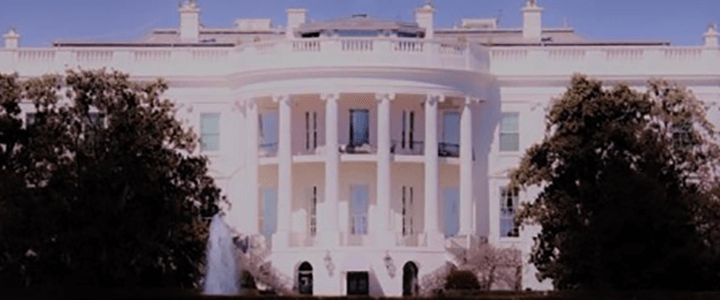The $64,000 question being asked inside the beltway and beyond, is how could Rob Porter or Jared Kushner get a security clearance? Let’s take them one at a time, as their commonality is that they both work at the White House, but their SF-86s are as different as yours is to mine. Additionally, with a backlog of nearly 700,000 security clearances in process, the nation’s resources are stretched beyond thin. One can, and perhaps should argue that applicants coming out of the White House should be expedited and moved to the front of the queue.
NBC news contributor and former CIA and DOD Chief of Staff Jeremy Bash opined on February 12 that “It is highly unusual for senior White House officials to have only temporary security clearances a year into an administration , it means they are not trustworthy and they could be black mailed.” Strong words, by any measure, flung like dung on the wall; perhaps to see if they would stick. After all, “sources” are telling CNN that there are between 30 to 40 individuals within the White House and administration whose security clearances have not yet been adjudicated, included Jared Kushner, the President’s son-in-law and senior advisor.
What Bash got right is, that it is highly unusual for appointees within the White House to be a year into their roles and still be operating on interim clearances. Yet, we’ve never seen a cadre of appointees who lacked prior roles in government. According to Mark Zaid, an attorney who often represents clients in security clearance questions, who told CNN, this “is not surprising given that most of the individuals joining the administration have more complicated backgrounds than is typical.” I agree with Zaid, looking back, I personally can’t remember a White House where so many senior staffers had never previously been in positions which required U.S. government security clearances.
Rob Porter’s security clearance
Let’s dig into the unique aspects of Porter and his security clearance. When an individual is tapped for a trusted position in the White House, it normally means they will need to be vetted and submit themselves to the U.S. government’s security clearance process. SF-86, financial disclosures, references, background check and a general dissection of one’s life prior to the moment in time they submitted their package to the White House security officer. Porter, by all accounts did just that. He filled out his forms, was granted an interim security clearance, pending the completion of background investigation and vetting of the information provided in his packet. He then dug in and went about his assigned duties within the parameters of his interim clearance.
From this trained eye, where the White House had a breakdown is in the basic vetting of Porter. A basic, preliminary background check, the type you can have conducted for less than $100, may have shown that one of his ex-wife’s had photos of alleged spousal abuse and claims to have obtained a restraining order against Porter. It’s true that a non criminal restraining order won’t show up in a criminal record, but it is a public record that should have been available through a name search. Thus providing the White House an opportunity to either bring Porter on with their eyes wide open, or find a more suitable candidate for the White House role.
Instead, what happened is Porter’s background investigation included interviews with his ex-wives and they both told the investigators that they had been abused by Porter. Porter correctly surmised that these claims would put into question his suitability for a position of trust within the White House, and Porter is reported to have advised the White House Chief of Staff that there may be items coming out of his background investigation which might need further explanation.
The White House notes that the Chief of Staff asked for Porter’s resignation 40 minutes after evidence supporting the abuse allegation came forward. This action pre-empted the ongoing clearance process prior to adjudication.
Jared Kushner’s security clearance
Little has progressed with respect to Kushner’s clearance since we last commented in November 2017 on how Kushner had joined the 700,000 club (the number of backlogged security clearance applications in process). By all reports, Kushner’s SF-86 was complicated and he initially had omitted a great many details concerning his business, foreign contacts and travel. All visible indications are that he has been fully cooperative, has not dissembled or otherwise caused the government to bring the process to a stop and head in the direction of bringing charges up against Kushner for lying to the government. History has shown that the Department of Justice is not shy about prosecuting individuals for purposefully making false statements on their SF-86 applications.
Room for improvement? Only if you care about national security.
The backlog of over 700,000 applicants is and of itself a security risk to the nation. It is a certainty that not all of those 700,000 will be found suitable. Yet in fairness to the individual and the agency and departments sponsoring the clearance request, unless there is a very bright red flag, the tendency is to grant an individual an interim security clearance.




